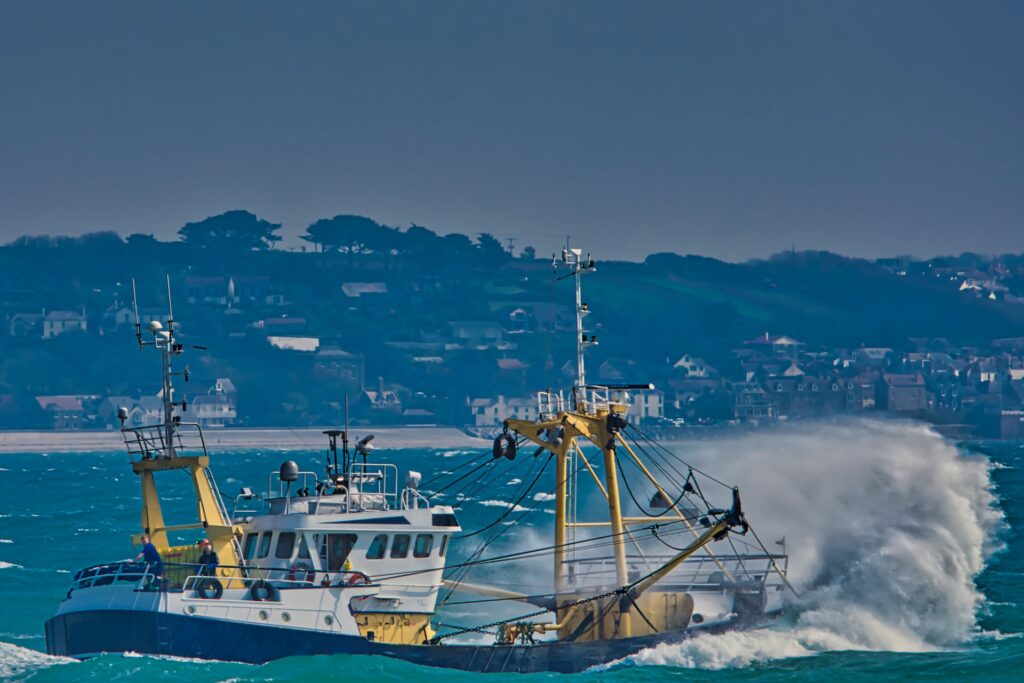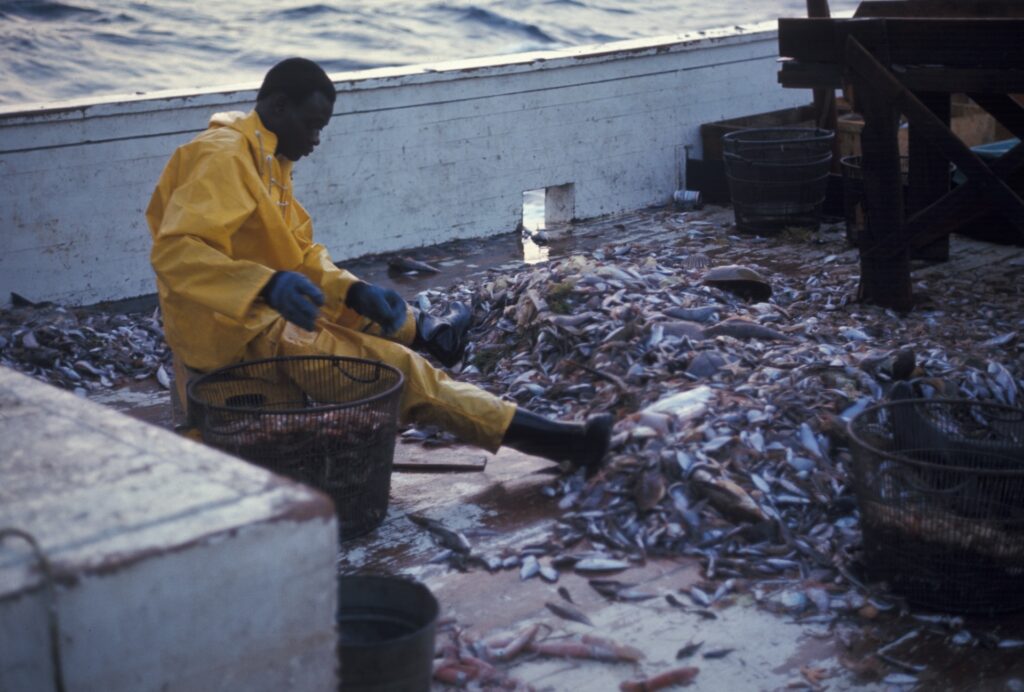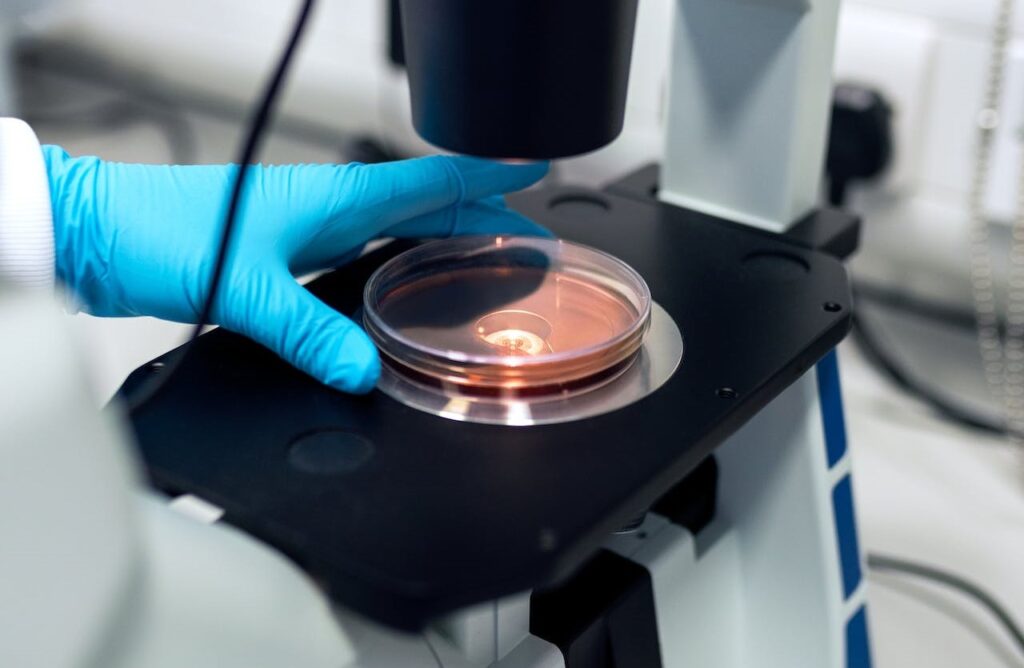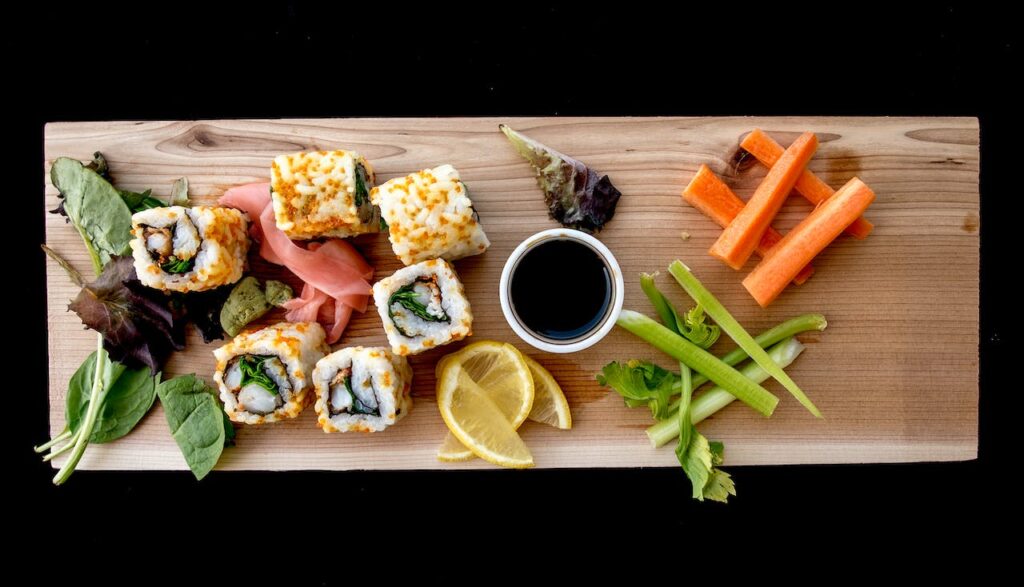With overfishing posing a growing threat to the global marine ecosystem, an Israeli startup has created a way of making fish products without catching any of the animals at all.
“Our oceans are running out of fish,” Sea2Cell co-founder and CEO Dr. Orna Harel tells NoCamels. “And the gap between supply and demand is increasing.”
Harel explains that forecasts show the global demand for fish is expected to double by 2050, but even now the global fishing rate is almost three times higher than what our oceans can sustain.
The United Nations’ Food and Agriculture Organization agrees with this data. The organization also warns that beyond the marine environment, overfishing threatens the billions of people around the world who rely on fish for protein as well as the millions of people for whom fishing is their principal livelihood.

Furthermore, the World Wildlife Fund (WWF) says that overfishing is closely linked to a phenomenon known as bycatch – when other forms of sea life are caught while catching certain species of fish.
“This is a serious marine threat that causes the needless loss of billions of fish, along with hundreds of thousands of sea turtles and cetaceans,” the organization says.
Instead, the startup uses advanced cell-culturing technology to grow fish cells in a controlled environment inside large specialist tanks known as bioreactors.
According to Harel, 40 percent of the protein that humans consume today comes from fish. And with the global population growing, so is the demand for cheap and healthy nutritional sources – including the protein, vitamins, minerals and omega-3 fatty acids that are found in fish.
The company’s proprietary technology allows the fish cells to divide at a fast rate that is suitable for industrial use. This, she says, means that the company can “produce fish products without catching any fish.”
While there are other companies that produce cultivated fish, Harel explains that Sea2Cell tackles several “bottlenecks” in the process that enables it to significantly reduce the cost of production.
“One of the keys to making cultivated fish profitable is reducing the high cost of growth factors, expensive ingredients that must be added to the growth medium of the cells, and are important for the cells to divide and differentiate,” she explains.
“Sea2Cell is developing fish cells capable of secreting fish growth factors, therefore eliminating the need for adding these expensive ingredients.”
Sign up for our free weekly newsletter
Subscribe
The company, Harel tells NoCamels, also uses fast-dividing fish cell cultures, which coupled with its unique bioreactors and engineering system for increasing the volume of cells, allows it to mass produce the cultivated meat in a way that is economically viable.
The startup plans to build its first pilot facility in 2026, with the intention of launching its first product the following year.
As well as partnering with the Hebrew University of Jerusalem’s Yissum tech transfer company, Sea2Cell has received funding from the Israel Innovation Authority, the branch of the government dedicated to promoting the high-tech sector, and operates as part of the Fresh Start foodtech incubator based in the northern Israeli city of Kiryat Shmona.
But the city, which is located just 2km from the border with Lebanon, was evacuated following the massive October 7 terror attack by Hamas in southern Israel and subsequent outbreak of war.
The decision by the Israeli government to evacuate communities near the border came when the Lebanese-based terror group Hezbollah began targeting the area with missile strikes in what it said was solidarity with Hamas.

The evacuation made it “impossible” for the company to operate in its own labs, Harel says, and its work on developing the advanced technology required a specialist environment.
“We had to quickly adapt and come up with solutions that would allow us to continue our work,” she recalls. Now, however, the company has found a new temporary home that allows its development to continue.
Aside from reducing the need for fishing in already stressed waters, Harel says that the company’s produce can have a positive impact on the environment and extreme climate change.
The Sea2Cell cultivated fish, she says, can provide a reliable and healthy source of fish meat that is free of mercury and other heavy metals, as well as microplastics, antibiotics and other pollutants.
“As we fish, we’re also polluting the oceans with plastics, dangerous chemicals, and toxins that, in turn, are contaminating the fish that we eat,” Harel warns.
“Without healthy marine ecosystems, we will lose food security.”
Related posts

Resilient And Nutritious New Plant-Based Milk Aims To Make A Splash

Chocolate From Cultivated Cocoa Comes Without Environmental Toll

Plastic Fantastic: Startup Takes PVC Back To Its Crude Oil Roots




Facebook comments